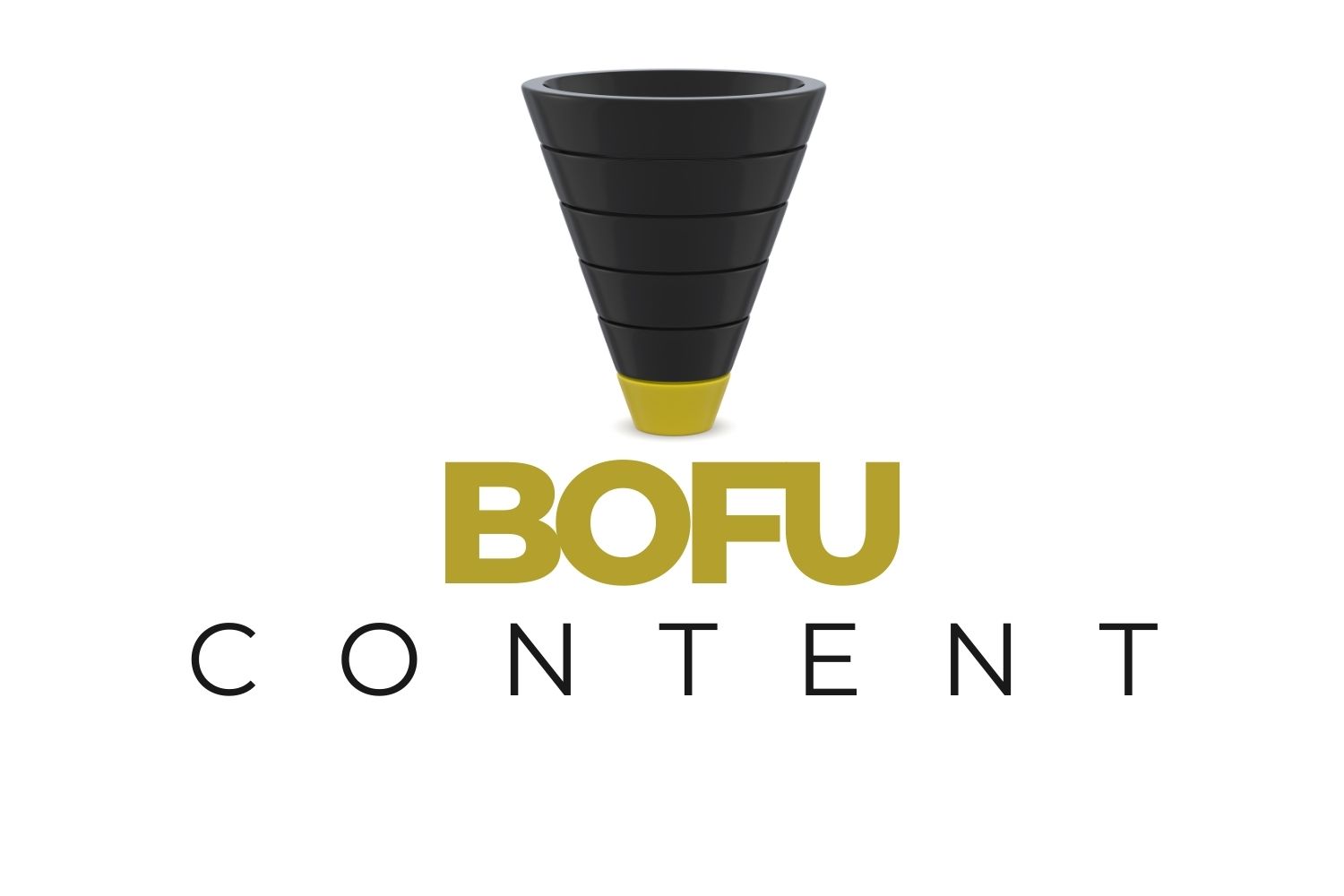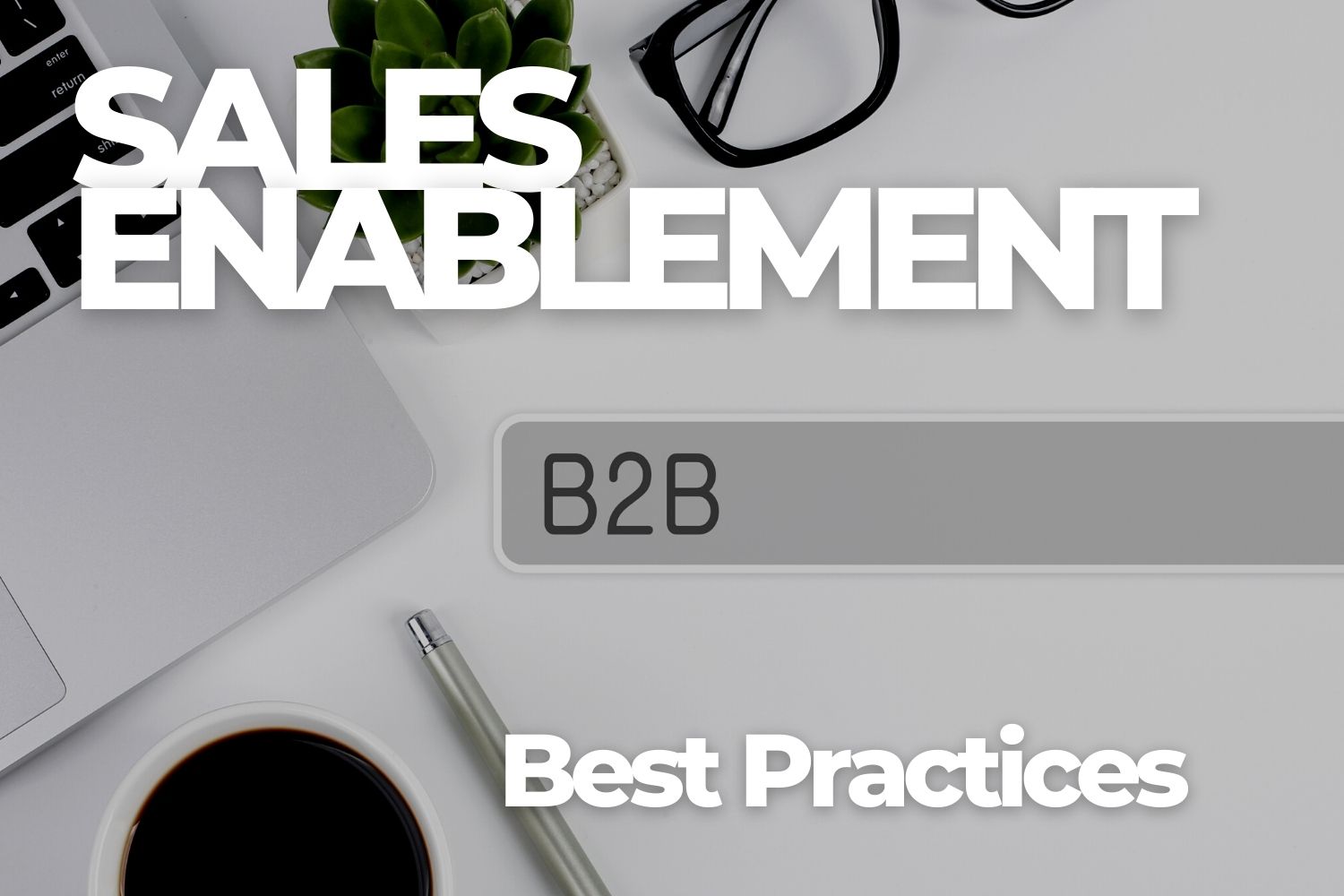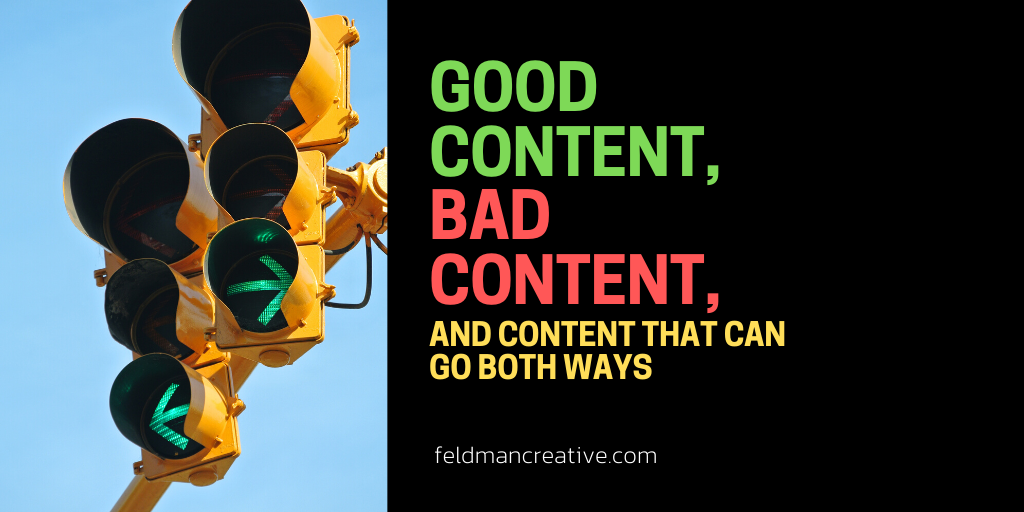When you battle for attention in the noise fest that is the Internet, the most important skill you could possibly possess is headline writing. Your headline is going to be the make-or-break element that determines whether or not your content is read.
I want to help make you a better headline writer.
I’ve created a cheat sheet you can use to hone your headline writing. It’s ultra-simple. I spell out 9 tips based on the word HEADLINES. I’ve made it an acronym, a memory device. Each letter is one of the 9 tips… easier to remember, right?
I’ve made it into an infographic for you to reference (and share).

The most important line you’ll write for your blog post or any type of content is the headline.
Advertising pioneer David Ogilvy once reported only 1 in 5 will make it past your headline into your copy. Though I don’t have a modern day update on the percentage, I suspect, given the immense volume of content available to the active web surfer of today, the percentage of readers that click through to your story is far lower.
In an article from SEO technology company Conductor, they report:
A day in the Internet shows that 2 million blog posts, 294 billion emails, 864 thousand hours of video are created daily. Each day also brings 400 million tweets. (From 2013)
That’s a lot of competition for your attention. The obvious result is tons of great content is ignored. Your challenge is to quickly engage readers and inspire clicks with headlines that suggest your articles are useful.
In an effort to help you understand a variety of headline approaches that perform well for bloggers, I’ve created a cheat sheet that spells out nine tips for writing headlines that work based on the word H-E-A-D-L-I-N-E-S.
Following each tip, I offer two examples. The first example comes from ideas for a would-be blog about pets (simply because my cat and dog are loving on each other as I write this). The second example draws from my area of expertise, online marketing.
H is for helpful.
The first rule of content marketing is to deliver value to your audience. There’s no more meaningful way of achieving this than being helpful.
So let’s assume your content—be it a blog post, video, podcast, infographic or what have you—was created with the intention of helping those you want to tune into it. Your headline serves as the invitation. However you choose to write the line, make it blatantly obvious the reward for reading further is you will gather helpful information.
How to Make Bow-Wow Calm Down Until You’re Ready to Play.
The 7 Most Essential Tactics for Capturing Your Visitor’s Email Address.
E is for emotion.
An effective headline evokes emotion. Think about it and you realize an effective anything in communications and art does just that.
Psychology has demonstrated we evoke emotion by appealing to the two most prevalent drivers of behavior: achieving pleasure and avoiding pain.
Are You Able to Tell When Your Pooch Says, “I Love You?”
Doesn’t it Suck When Your Bounce Rate Goes Up?
A is for ask.
The question headline is enormously effective—provided you ask a question your target audience wants to know the answer to.
Where Are the Best Places to Vacation with Your Pets?
How Do You Write More Magnetic Headlines?
D is for do’s and don’ts.
Education is central to effective content marketing. So a sure-fire approach to writing a compelling headline indicates your article or content is going to deliver tactics that do or don’t work for a task your audience needs to understand.
What to Do When Your Puppy Won’t Stop Digging Up Your Yard.
Five Mistakes You Don’t Want to Make on Your Home Page.
L is for list.
There’s just something about how our brains work that prove time and again you can’t miss with a meaningful list. You’ll find article teasers featuring numbers on the covers of popular magazines and list posts all across the blogosphere because readers respond to them.
7 Reasons Your Child Wants a Rodent for a Pet.
21 Simple Ways to Increase Your Conversion.
I is for inspire.
Write a headline that speaks to your readers’ desires. Inspire them and you’ll have the ultimate hook.
A Trip to Your Local Animal Shelter Will Bring You Infinite Joy.
Make Today the Day Your Blog Fulfills Your Creative Passion.
N is for nightmare.
Ace blogger Jon Morrow of Boost Blog Traffic and author of the popular ebook “52 Headline Hacks” offers a 3-point headline checklist, which includes what he calls “the 2 a.m. test.” Jon’s point is a formula for a great headline is to speak to a problem that keeps your readers up at night.
Why Your New Puppy Won’t Stop Crying Through the Night
What to Do About Your Relentless Shopping Cart Abandonment Problem.
E is for empathy.
Jay Baer, author of the great marketing book “Youtility,” points out in social media today, your messages are delivered alongside those of your reader’s friends and family. To earn their attention and trust, you too have to achieve friend status. The best way to accomplish this is to show your reader you understand their problems and care.
Here’s a Puppy Training Tip I Know You Need.
You’re Going to Love These Free Analytics Apps.
S is for success.
The oldest and most proven approach to headline nirvana is delivering a little bundle of success. Of course, you need insights into how your readers define success. When you have them, speak to them.
Create an Environment Where Your Cat and Dog Live in Peace.
Nine Headline Tricks Sure to Boost Your Leads.
Put some serious time, energy and TLC into your headlines. Don’t settle for the first idea that comes to mind. Write as many as you can think of and attempt to put yourself in the mindset of the reader when you evaluate your options.
Have a look at the headline I wrote for this piece and then skim through the tips again looking to count how may of them I applied. By my count I hit on 6.
Of course, not every headline you write needs to combine 6 best practices or even conform to any specific formula. However, I believe if you practice using the tips I’ve offered here you’ll write more effective headlines and get better at earning the time and attention of your readers.
Like that post? Read How to Write a Home Page Headline that Gets the Job Done – featuring examples of good and bad headlines.







Comments
Marketing Day: December 9, 2013 | CABizNews.com
[…] HEADLINES: A 9-Letter Cheat Sheet for Writing a Winner Every Time, feldmancreative.com […]
Marketing Day: December 9, 2013
[…] HEADLINES: A 9-Letter Cheat Sheet for Writing a Winner Every Time, feldmancreative.com […]
Matt Freakin' Blake
Love it… Great list, great points, great tips! Made me consider the fact that, besides good copy and content being ignored, a lot of crap is getting traffic and attention because of a snappy headline. Thanks for the article!
Barry Feldman
Absolutely no doubt about that Matt. Great point.
Jens R. Woinowski
This is really great advice. I like the 9 letter trick very much!
Our 13 Most Popular Posts of 2013 and Why Readers Responded | Feldman Creative
[…] HEADLINES: A 9-Letter Cheat Sheet for Writing a Winner Every Time […]
Marketing Day: December 9, 2013 « TLC Niche Marketing
[…] HEADLINES: A 9-Letter Cheat Sheet for Writing a Winner Every Time, feldmancreative.com […]
Diane M. Miller
Barry..you know what you’re talking about!
Barry Feldman
I do?
Diane M. Miller
A resounding YES!
Angu Ransom
I appreciate the advice. It will help me in my write ups
Diane Seidle
H- 9 Ways Sharing Will Show Barry the Love
E- Is it Being too Forward to tell Barry How Much You Love
His Tips?
A- Will This Blog Post Help Even More People Write Better
Headlines?
D- Do Share This with Your Team to Put an End to Lackluster
Headlines.
L- These 9 Tips Make it Impossible to Suck at Writing Headlines
I- Reading These Tips is Like Hiring David Ogilvy as Your
Copywriter
N-Why Coming up With Sincere Comments is a Problem You Can Solve
E-Will Flattering Barry Result in Better Content?
S- Reading This One Blog Post Will Create the Engagement of
Your Dreams
Barry Feldman
Flipping! Diane, yours may be the coolest, most flattering comment I’ve ever read. Thank you very much.
Diane M. Miller
More great examples Diane, way to get our minds thinking…
Rita Smith Video Marketing
These headline tips are spot on. I particularly relate to the point about emotion. I’ve read that avoiding pain is more effective than gaining pleasure. Do you agree? Thanks, Barry.
Barry Feldman
I do. Thanks Rita.
How to Write Irresistible Headlines That’ll Instantly Increase Blog Traffic
[…] Feldman Creative share their tips for irresistible blog headlines in this infographic. […]